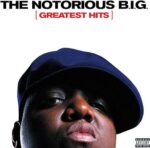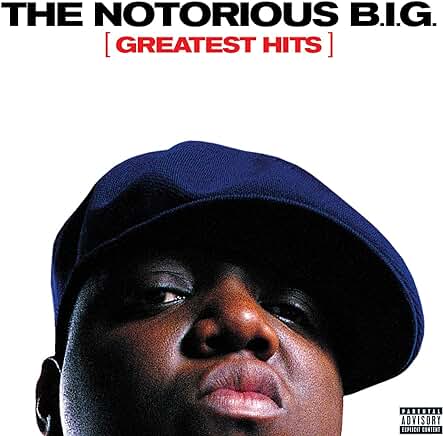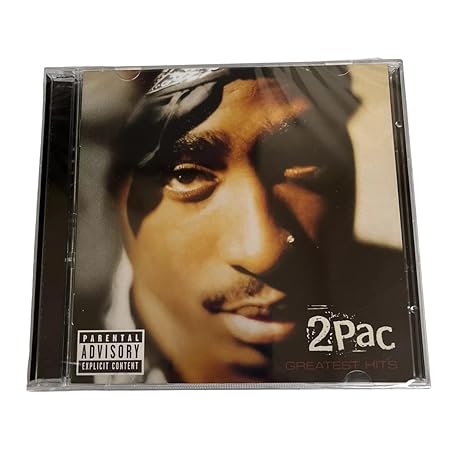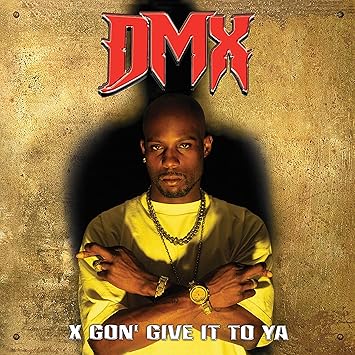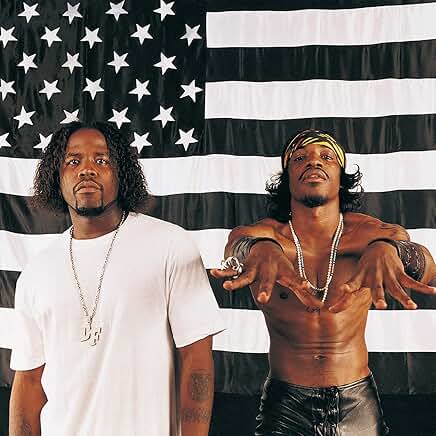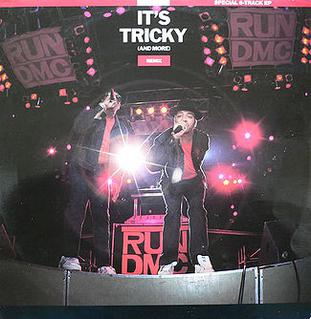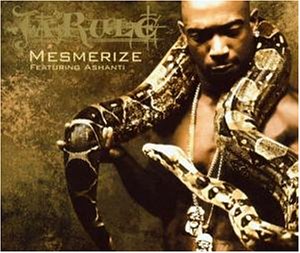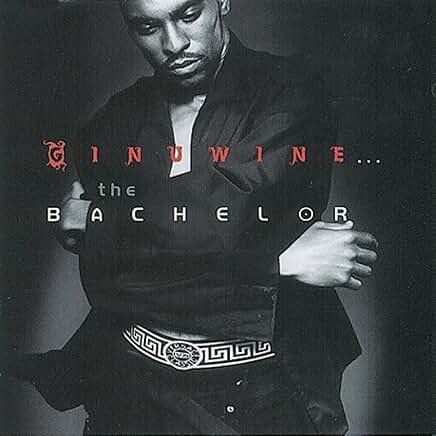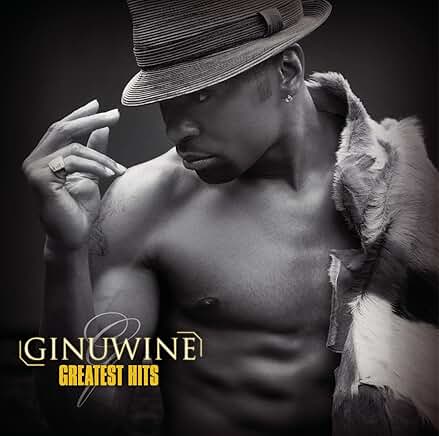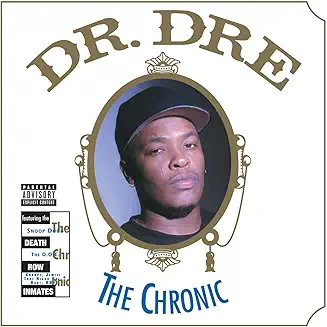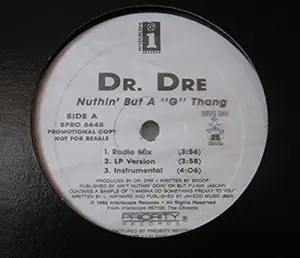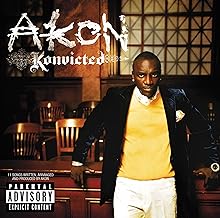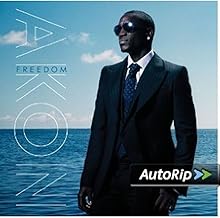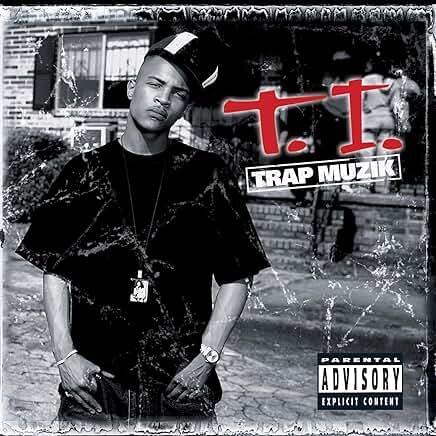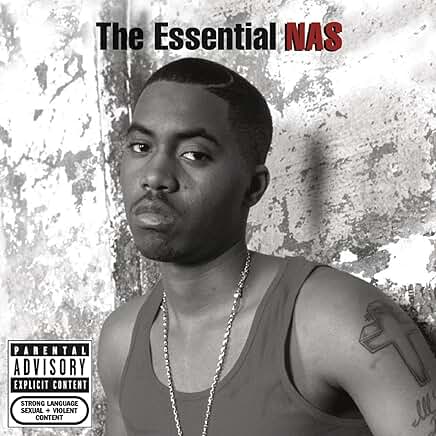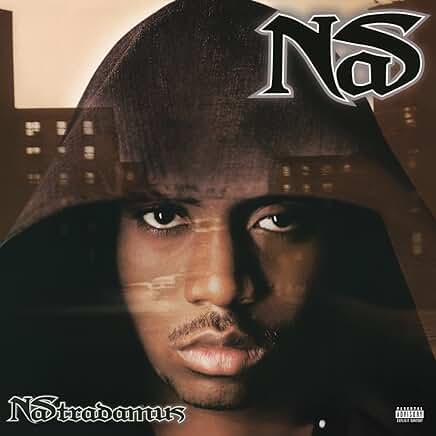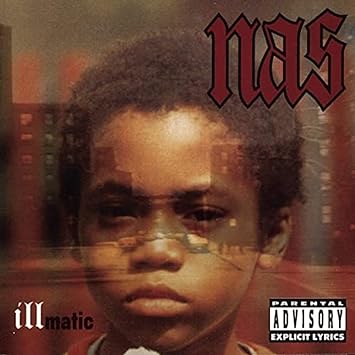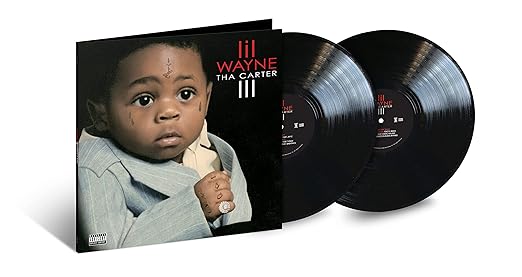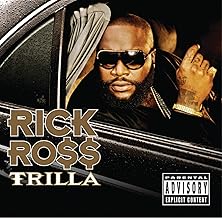Christopher George Latore Wallace (May 21, 1972 – March 9, 1997), better known by his stage names the Notorious B.I.G., Biggie Smalls, or simply Biggie,[1] was an American rapper from the New York rap scene. Artistically, his music is often regarded as emblematic of the mafioso rap subgenre, a East Coast counter-subgenre to West Coast gangsta rap.[2][3] He is widely considered one of the greatest rappers of all time, and one of the best rap storytellers of time.[4][5][6][7][8] Wallace’s lyricism was often semi-autobiographical, telling of hardship and criminality, but also of debauchery and celebration.[9] Vocally, Wallace garnered repute for his distinctive, laidback delivery that offset his lyrically grim content.
Born and raised in Brooklyn, New York City, Wallace signed to Sean “Puffy” Combs‘s label Bad Boy Records as it launched in 1993, and gained exposure through features on several other artists’ singles that year. His debut album Ready to Die (1994) was met with widespread critical acclaim, and included his signature songs “Juicy” and “Big Poppa“. The album made him the central figure in East Coast hip hop, and restored New York’s visibility at a time when the West Coast hip hop scene was dominating hip hop music.[10] Wallace was awarded the 1995 Billboard Music Awards‘ Rapper of the Year.[11] The following year, he led his protégé group Junior M.A.F.I.A., a team of himself and longtime friends, including Lil’ Kim, to chart success.
During 1996, while recording his second album, Wallace became ensnarled in the escalating East Coast–West Coast hip hop feud. Following Tupac Shakur‘s murder in a drive-by shooting in Las Vegas in September 1996, speculations of involvement in Shakur’s murder by criminal elements orbiting the Bad Boy circle circulated as a result of Wallace’s public feud with Shakur. On March 9, 1997, six months after Shakur’s murder, Wallace was murdered by an unidentified assailant in a drive-by shooting, while visiting Los Angeles. Wallace’s second album Life After Death, a double album, was released two weeks later. It reached number one on the Billboard 200, and eventually achieved a diamond certification in the U.S.[12]
With two more posthumous albums released, Wallace has certified sales of over 28 million copies in the United States,[13] including 21 million albums.[14] Rolling Stone has called him the “greatest rapper that ever lived”,[15] and Billboard named him the greatest rapper of all time.[8] The Source magazine named him the greatest rapper of all time in its 150th issue. In 2006, MTV ranked him at No. 3 on their list of The Greatest MCs of All Time, calling him possibly “the most skillful ever on the mic”.[16] In 2020, he was inducted into the Rock and Roll Hall of Fame.

